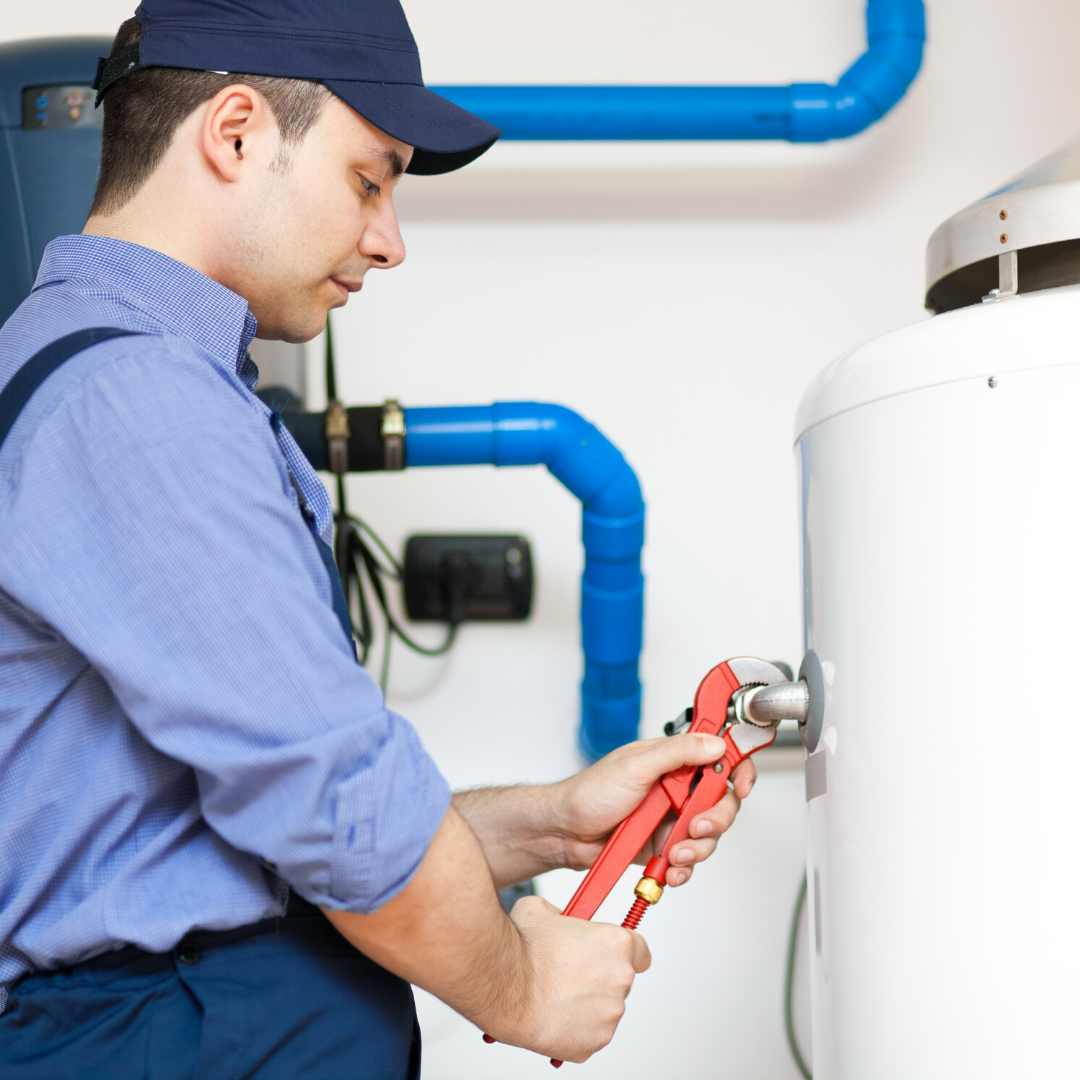Coping with the Routine Hot Water Heater Crisis Events
Coping with the Routine Hot Water Heater Crisis Events
Blog Article
The content down below on the subject of Common Hot Water Heater Problems is extremely motivating. Give it a go and draw your own conclusions.

A water heater is just one of one of the most important basic appliances that can be located in a residence. With hot water heater, you do not need to experience the tension of heating water manually whenever there is a need to wash, wash, or the dishes. There is constantly an opportunity that your water heating unit would certainly act up as with the majority of mechanical gadgets.
It is necessary to keep in mind any type of little malfunction and tackle it promptly prior to points leave hand. The majority of times, your water heater starts to malfunction when there is an accumulation of sediments as a result of continuous use. As a safety measure, regular flushing of your water heater is suggested to prevent debris accumulation as well as protect against functional failure.
Common hot water heater emergency situations and also how to take care of them
Leaking hot water heater container.
In this scenario, you must transform off your water heater, enable it to cool down, and also meticulously look for the source of the problem. At times, all you need to do is to tighten up a couple of screws or pipe links in instances of minor leakages. If this does not work and also the leakage continues, you might need to use the solutions of a service technician for an ideal replacement.
Fluctuating water temperature level.
Your water heating unit might start producing water of various temperatures generally ice cool or scalding hot. There could be a requirement to change either the thermostat or the heating system of your water heating system.
Too little hot water
It may be that the water heating unit can't support the warm water need for your home. You can upgrade your water heater to one with a bigger ability.
Tarnished or smelly water
When this occurs, you require to understand if the problem is from the storage tank or the water resource. If there is no amusing scent when you run cold water, after that you are particular that it is your water heating system that is damaged. The stinky water can be triggered by rust or the buildup of germs or sediments in the water heater container.
Conclusion
Some home owners neglect little warning as well as minor faults in their hot water heater unit. This just causes more damages as well as a feasible total breakdown of your device. You must deal with your water heater mistakes as quickly as they come near prevent more costs as well as unnecessary emergency problems.
With water heating systems, you don't require to go via the stress and anxiety of home heating water manually every time there is a requirement to take a bath, do the washing, or the recipes. Your water heating unit might begin creating water of different temperatures normally ice chilly or scalding warm. It may be that the water heater can't sustain the hot water need for your home. If there is no funny smell when you run cold water, then you are specific that it is your water heater that is defective. The smelly water can be caused by rust or the buildup of microorganisms or debris in the water heater tank.
Common Water Heater Issues and What You Should Do
What Type of Water Heater Do You Have?
Before we begin it’s first important that you identify the type of water heater you have on your property. There are two main types of water heaters out there: conventional and high efficiency.
Both of these types of products typically use either gas or electricity to heat power. There are also solar water heaters that use a thermal collector on the roof or yard to heat the water.
While these models are not as common, they can cut heating costs in half. In this article, we will focus on conventional and high efficiency.
How Do My Electric and Gas Water Heater Work?
Though they look similar, electric and gas water heaters work very differently. It’s important to know their basic function because often problems can be specific to the heating source.
In the electric model, a thermostat on the side of the machine detects the temperature of the water in the tank. When the temperature needs to rise electricity flows to a heating element suspended in the water.
Gas models also use a thermostat device — typically with a mercury sensor at the tip and an additional sensor called a thermocouple. The thermocouple detects whether the pilot light is on and controls the flow of gas.
When the thermostat drops below the appropriate level gas is released which becomes ignited by the pilot light. The flame heats the bottom of the water tank which causes hot water to rise and cold water to drop.
This natural circulation continues until the water reaches the desired temperature. Then, the thermostat triggers the gas control valve to shut off the flow of gas.
What Are the Most Common Issues and How Do You Fix Them?
https://happyhiller.com/blog/common-water-heater-issues-and-what-you-should-do/

Do you enjoy reading up on Warning Signs You Need Water Heater Repairs? Write feedback directly below. We will be glad to find out your thoughts about this entry. In hopes to see you back again later on. Remember to take the opportunity to share this entry if you appreciated it. Thank-you for going through it.
Search-end for emergency plumbing. Report this page